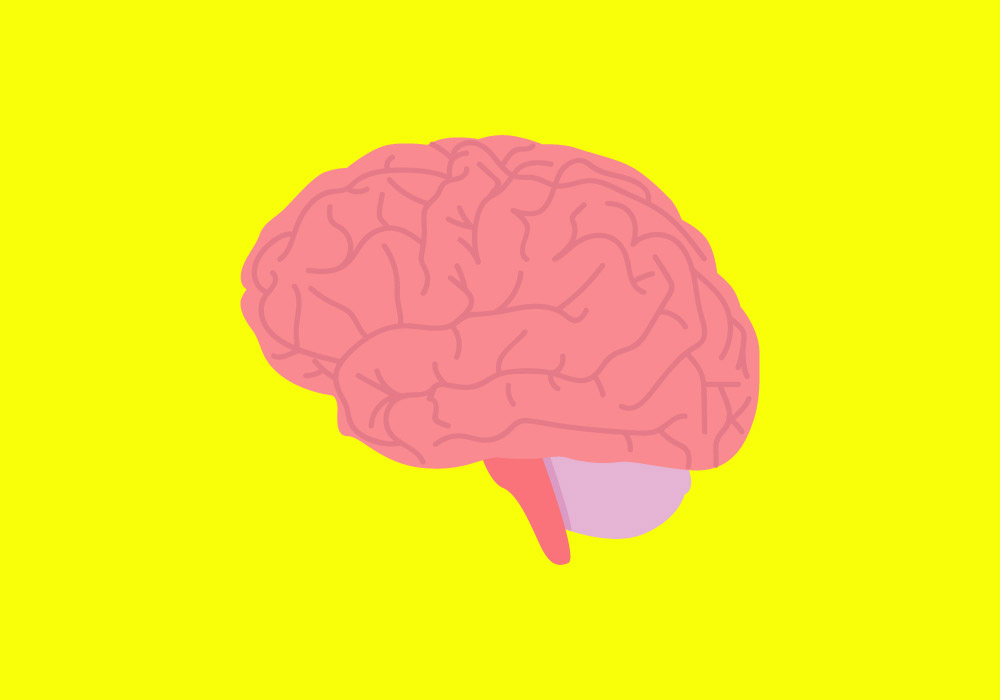
It’s clear that there’s a link between stress and heart health; what’s not clear yet is why the two are connected. Now, a new study suggests that people with higher levels of stress also have more inflammation in their arteries, putting them at higher risk for heart problems.
In the new study, presented at the American College of Cardiology’s 65th Annual Scientific Session, researchers used imaging to look at 293 people’s brains and arteries. They found that stress activity in an area of the brain called the amygdala, which is where emotions are processed, was linked to more inflammation in a person’s arteries. “This is notable because arterial inflammation is an important driver of atherosclerotic disease, the major cause of heart attacks and stroke,” says study author Dr. Ahmed Tawakol, co-director of the cardiac MR PET CT program at Massachusetts General Hospital.
The researchers found that 35% of the people with high brain stress suffered a heart event over the nearly five-year study period. Only 5% of people with low brain stress experienced an adverse heart problem.
MORE: This Makes Your Heart Attack Risk Eight Times Higher
“This study demonstrates, for the first time, that metabolic activity within a key component of the brain’s fear network predicts the development of [heart disease] in humans, independently of established risk factors,” says Tawakol.
The study size was small and more research is needed to confirm the link, but the evidence suggests scientists should consider the relationship between stress and inflammation as an important marker for future study.
More Must-Reads from TIME
- Where Trump 2.0 Will Differ From 1.0
- How Elon Musk Became a Kingmaker
- The Power—And Limits—of Peer Support
- The 100 Must-Read Books of 2024
- Column: If Optimism Feels Ridiculous Now, Try Hope
- The Future of Climate Action Is Trade Policy
- FX’s Say Nothing Is the Must-Watch Political Thriller of 2024
- Merle Bombardieri Is Helping People Make the Baby Decision
Contact us at letters@time.com